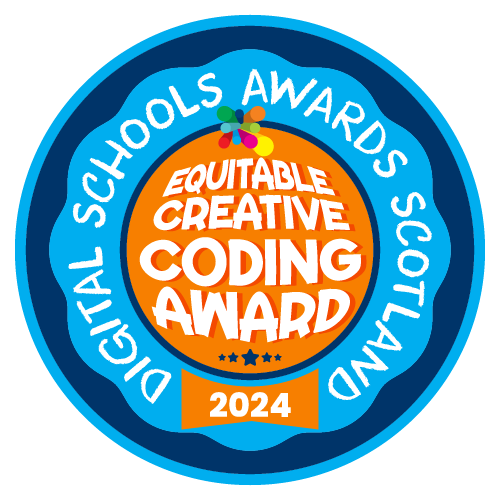
Equitable Creative Coding Award
An introduction to the new Equitable Creative Coding Award (ECCo Award).


An introduction to the new Equitable Creative Coding Award (ECCo Award).

Gain recognition for your commitment to fostering digital literacy, creativity, and problem-solving skills through innovative and inclusive integration of coding and computational thinking across the curriculum.
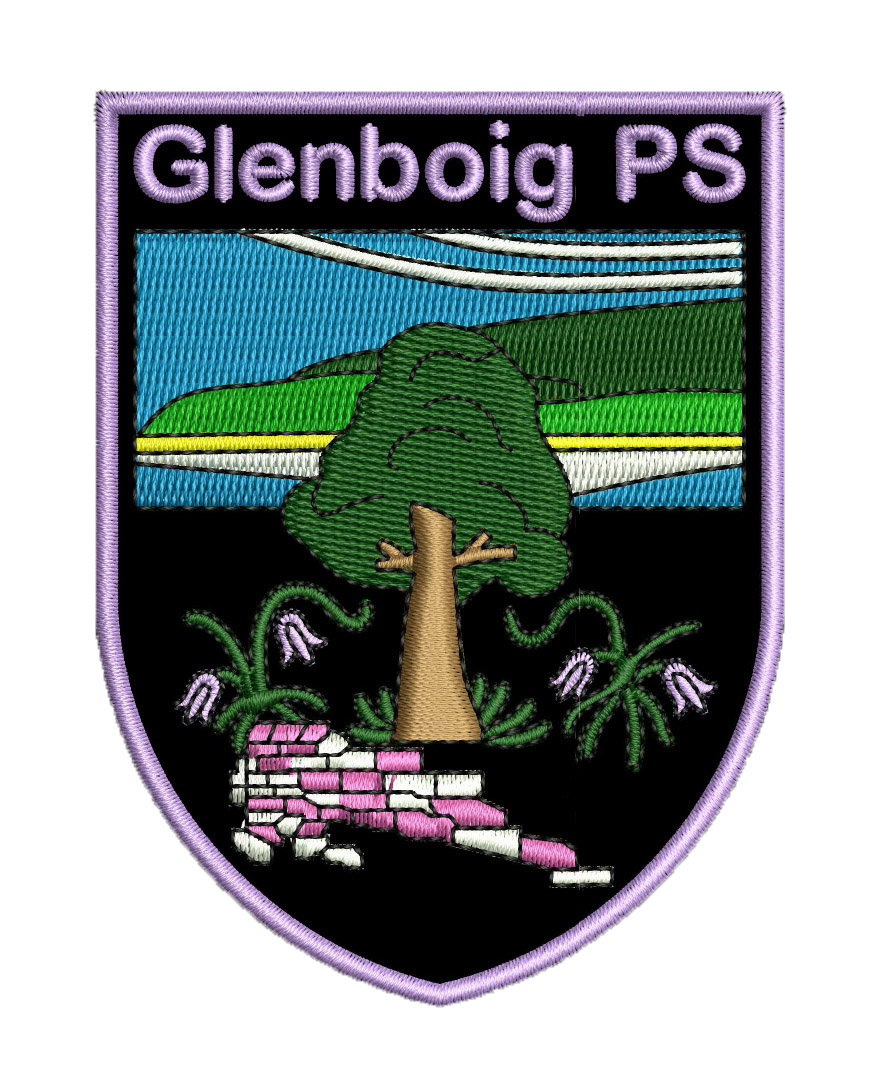
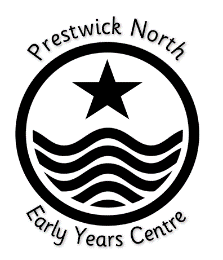
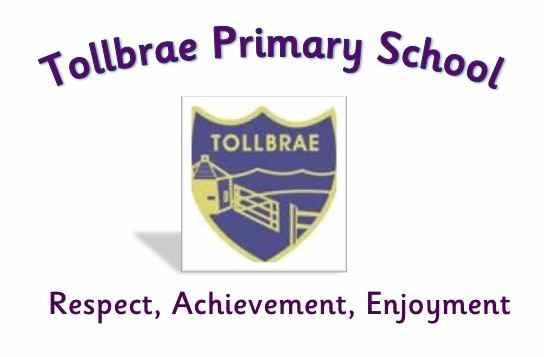
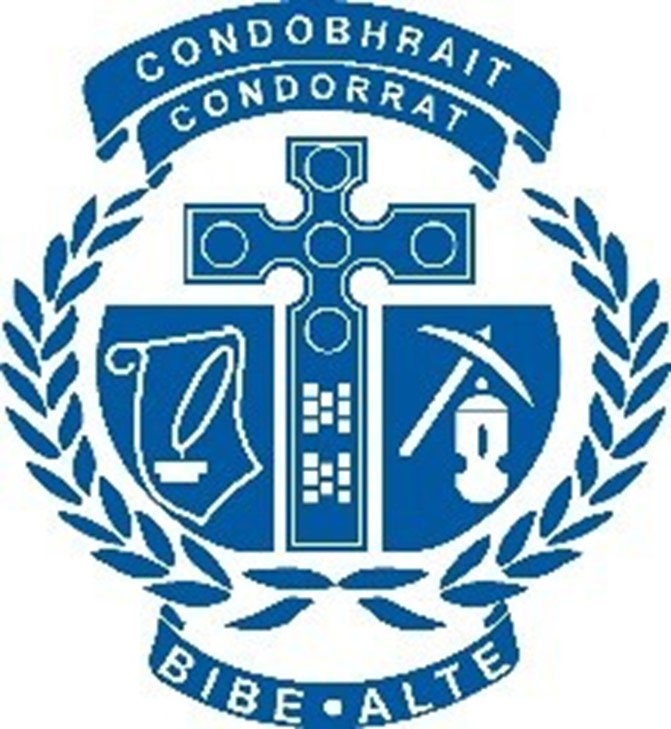


"I cannot recommend getting involved with the ECCo Award more and I've been having a #WeePonder why... I've seen first-hand the incredible impact developing computational thinking and coding skills can have on pupils' learning and confidence. The ECCo Award is a fantastic opportunity for Teachers and Early Years Practitioners to inspire and engage all learners, regardless of background or ability. By participating, you'll not only enhance your own digital skills but also empower learners to explore technology in a meaningful, inclusive way. This award celebrates coding creativity across the curriculum and equity in the classroom, championing play and unplugged activities so you don't even need a device. Sign up today, it's a journey you won't regret!"

Amanda Pickard, Digital Development Officer, South Ayrshire Council
In this introductory webinar teachers share their journey and how they achieved their ECCo Award.
From initial application to final conferment of award can last anywhere from several weeks to several months depending on the readiness of the school to complete the process, including gathering evidence against each statement. In some cases, applicants will have all the evidence needed and therefore complete the process quickly. In other cases, applicants may wish to use the criteria as a ‘road map’ to guide further innovation needed to support their application.
Depending on your situation and learners, these could include a range of file types such as screenshots, links to online resources or content, training certificates, emails, images, audio/video files, recordings etc. Make sure each piece of evidence is supported by an explanatory statement providing some contextual information. For example, you could reflect on what ‘s gone well, how would you do things differently next time, whether what you did has made a difference to colleagues / learners, etc. What is the impact and is it measurable or evidenced?
While it is difficult to quantify the amount of evidence needed, you should think more about how well the evidence represents the statements in each section. Evidence should also be selected carefully to represent your best practice. The following information may help you select the best evidence for your application.
Yes. We encourage applicants to link their submission to their organisation’s strategic priorities as it is the best way of ensuring that the work they do is sustainable.


